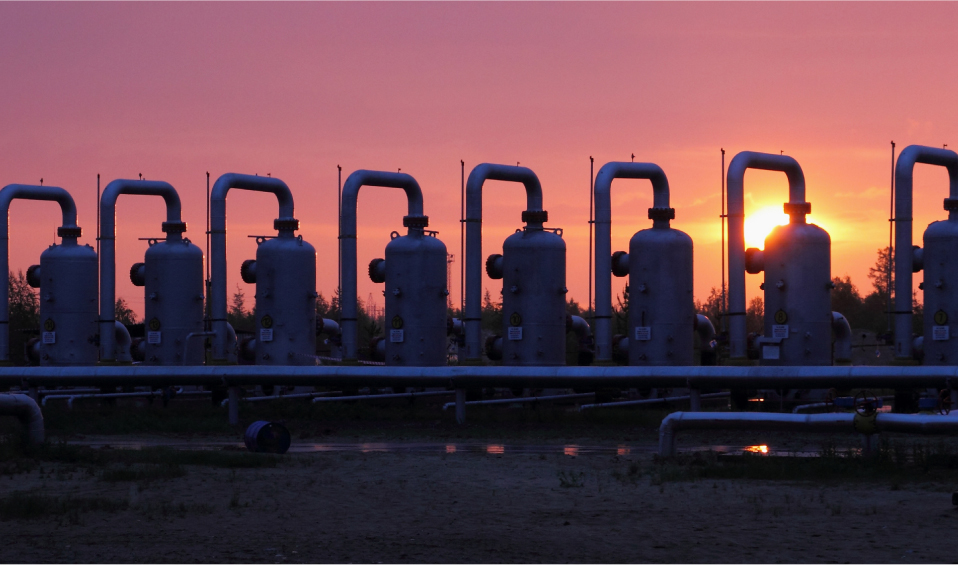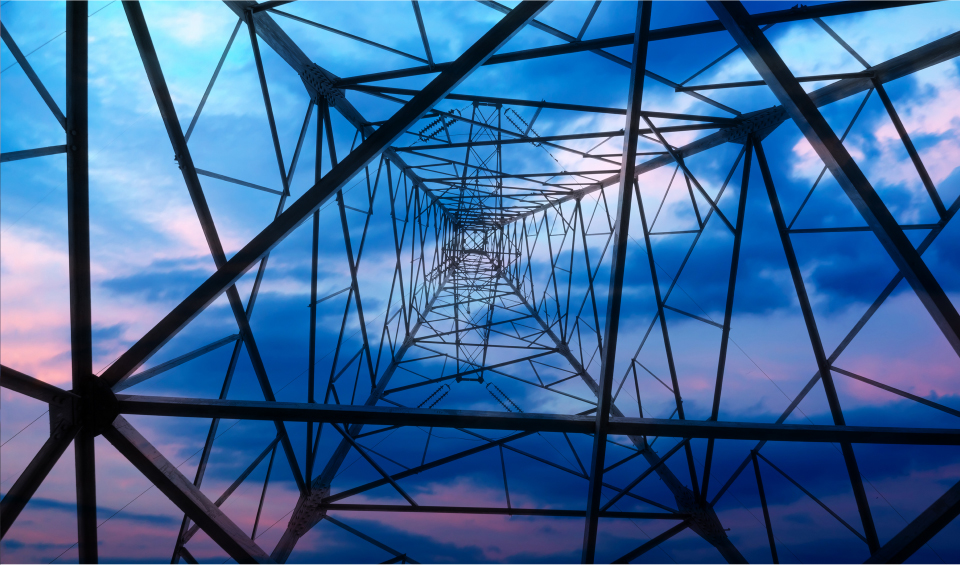
Thanks to ESCP Business School's Energy Management Centre wide network in the academic and business communities, our views on energy news give you comprehensive insight into energy issues.
Please join us...
Are investors running away?
With a barrel of oil worth about $30 today and no clear signal of rebound, whereas for most companies the break even price is above $50, the harsh reality for the oil and gas industry is well expressed by the following: “The longer you’ve got low oil prices, the more companies will have to focus on pure survival” [1]. In this context the generous oil major’s payouts seem a bit quirky. A recent survey [2] provides indications on the dividend policy of large oil and gas companies (table 1)
The civil war in Syria, complicated by interventions of major regional and global players, became a turning point in the geopolitical narrative of the whole Middle East.
After the catastrophic failure of two projects, the Big Middle East and the Arab Spring, a new stage of the regional grand game unrolls. The originally assigned roles of all the involved parties are now being upturned, the preconceived goals inverted, and the actual stakes (and costs) reconsidered.
Recent efforts to put a cap on oil production in an attempt to balance the market, has not affected the pricing trend. Energy ministers from Saudi Arabia and Russia, the two major oil producers, accompanied by colleagues from Qatar and Venezuela failed to reach an agreement to cut production, compromising only on introducing a limit, fixing the output at mid- January level. With this diminishment of the original intentions, the agreement had no immediate impact on prices: curves stayed almost unchanged. The market, psychologically eager for a price adjustment, was disappointed by the modesty of the bargain.
All eyes were on Iran, which enjoyed being sanctions-free and was looking to increase his oil production and sales, seeking cash-flow, investments, and modernization. Iran did not promise to limit its production to the agreed level, but said to support the move.
Election results, resembling an earthquake, with the moderates making a strong gain at the expense of their arch-rivals, the hardliners, have shaken up Iran for the second time in its post- Shah status of an Islamic state. The astoundingly big win for reformers and independents marks a watershed in the on-going tug-of-war between the two wings of the political class. Soft-speaking, smiling, spectacled, with a convincing image of an intellectual, Iranian President Hassan Rouhani has essentially secured a vote of confidence for his long-term pragmatic policies.
In a landmark warning, coming just a couple of days after the vote, former President Akbar Hashemi Rafsanjani, classified in the West as “moderate” reform-minded politician, punched the air with a strong-worded message: “No one is able to resist against the will of the majority of the people and whoever the people don't want has to step aside.” Will any hard-liner voluntarily “step aside” or back off ?




527 Finchley Road
London NW3 7BG
United Kingdom
Tel: +44 (0)20 7443 8800
Fax: +44 (0)20 7443 8845
E-mail: [email protected]










